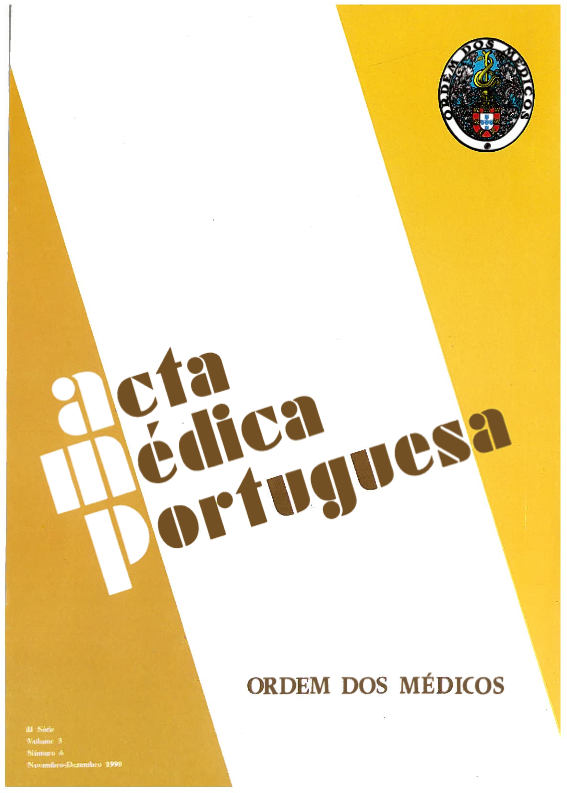Postoperative disease: evolution of the concept.
DOI:
https://doi.org/10.20344/amp.4591Abstract
Leriche's La Maladie post-opératoire was described in 1934 as a specific and general reaction to surgery whose systemic symptoms could'nt be understood by the clinical appraisal alone. A laboratory analysis would be necessary. According to Leriche the syndrome could be observed also on other non-surgical trauma. Leriche's concept was ignored by the anglo-saxonic literature but a new scientific approach to the same problem came from Harvard. Walter Cannon with his concept of homeostasis and Henderson, Gamble, Peters and Van Slyke with their definition of the chemical anatomy of the organic fluids and their quantitative analysis, opened the way to Francis Moore's concept of surgery and trauma as metabolic problems. This new biological basis, and the broad enlargement of its spectrum to the whole body, gave a new scope to the surgical practice. Surgery must now be considered as an integrated process, a succession of phenomena defined as pre-operative, per-operative and post-operative representing, nevertheless, a true continuity. To its understanding the post-operative phase cannot be separated from the other phases. La maladie post-opératoire cannot be defined as an unity: there are several post-operative diseases. But the surgical patient must be considered always in the totality of his elements: the somatic or anatomical, the metabolic or physiological and the psychic, forming a complete unity. A global vision versus the old local vision of surgery. This enlarged concept of surgery enables the surgeon to have an intellectual approach similar to that of the physiologist.Downloads
Downloads
How to Cite
Issue
Section
License
All the articles published in the AMP are open access and comply with the requirements of funding agencies or academic institutions. The AMP is governed by the terms of the Creative Commons ‘Attribution – Non-Commercial Use - (CC-BY-NC)’ license, regarding the use by third parties.
It is the author’s responsibility to obtain approval for the reproduction of figures, tables, etc. from other publications.
Upon acceptance of an article for publication, the authors will be asked to complete the ICMJE “Copyright Liability and Copyright Sharing Statement “(http://www.actamedicaportuguesa.com/info/AMP-NormasPublicacao.pdf) and the “Declaration of Potential Conflicts of Interest” (http:// www.icmje.org/conflicts-of-interest). An e-mail will be sent to the corresponding author to acknowledge receipt of the manuscript.
After publication, the authors are authorised to make their articles available in repositories of their institutions of origin, as long as they always mention where they were published and according to the Creative Commons license.









